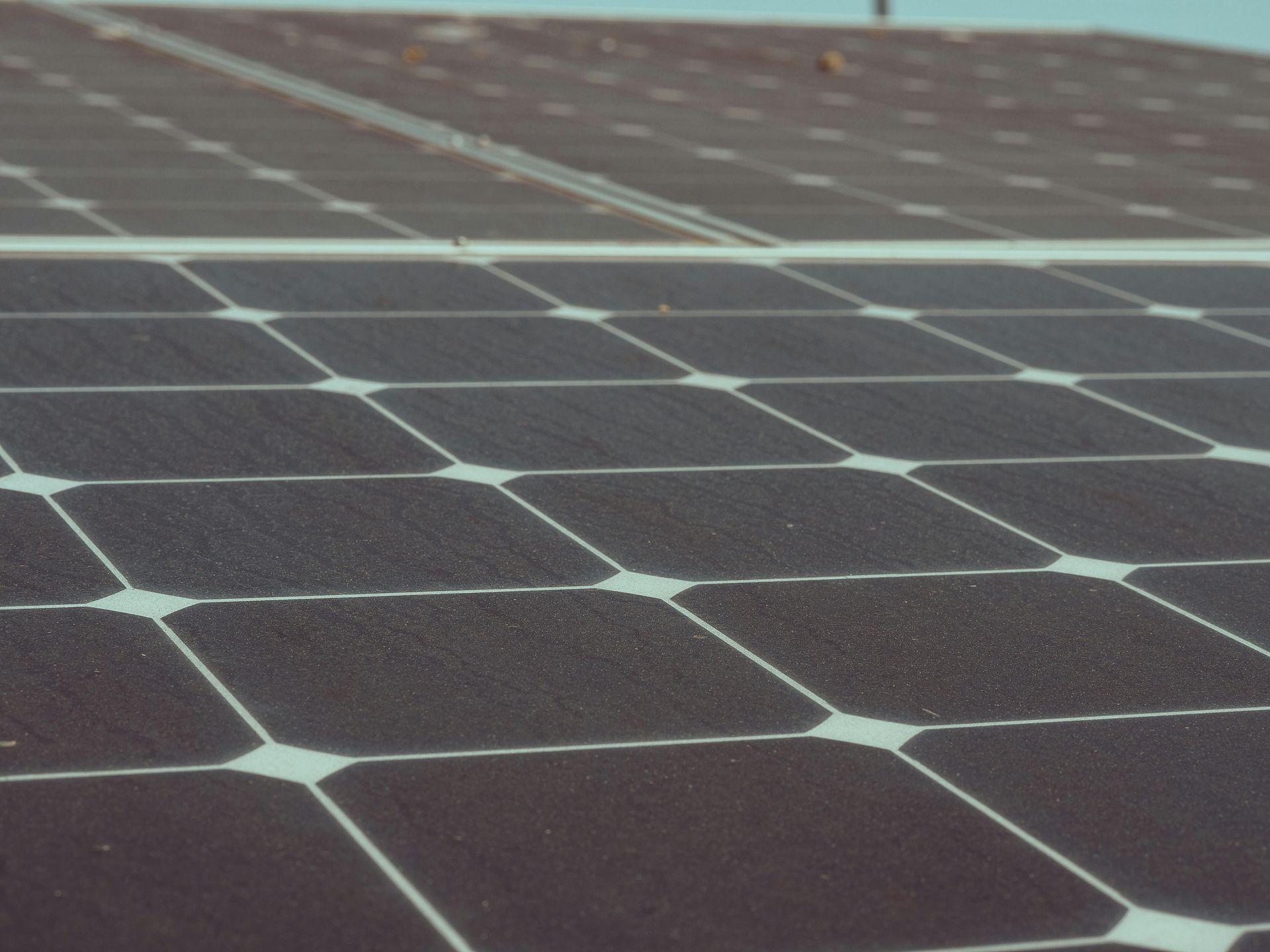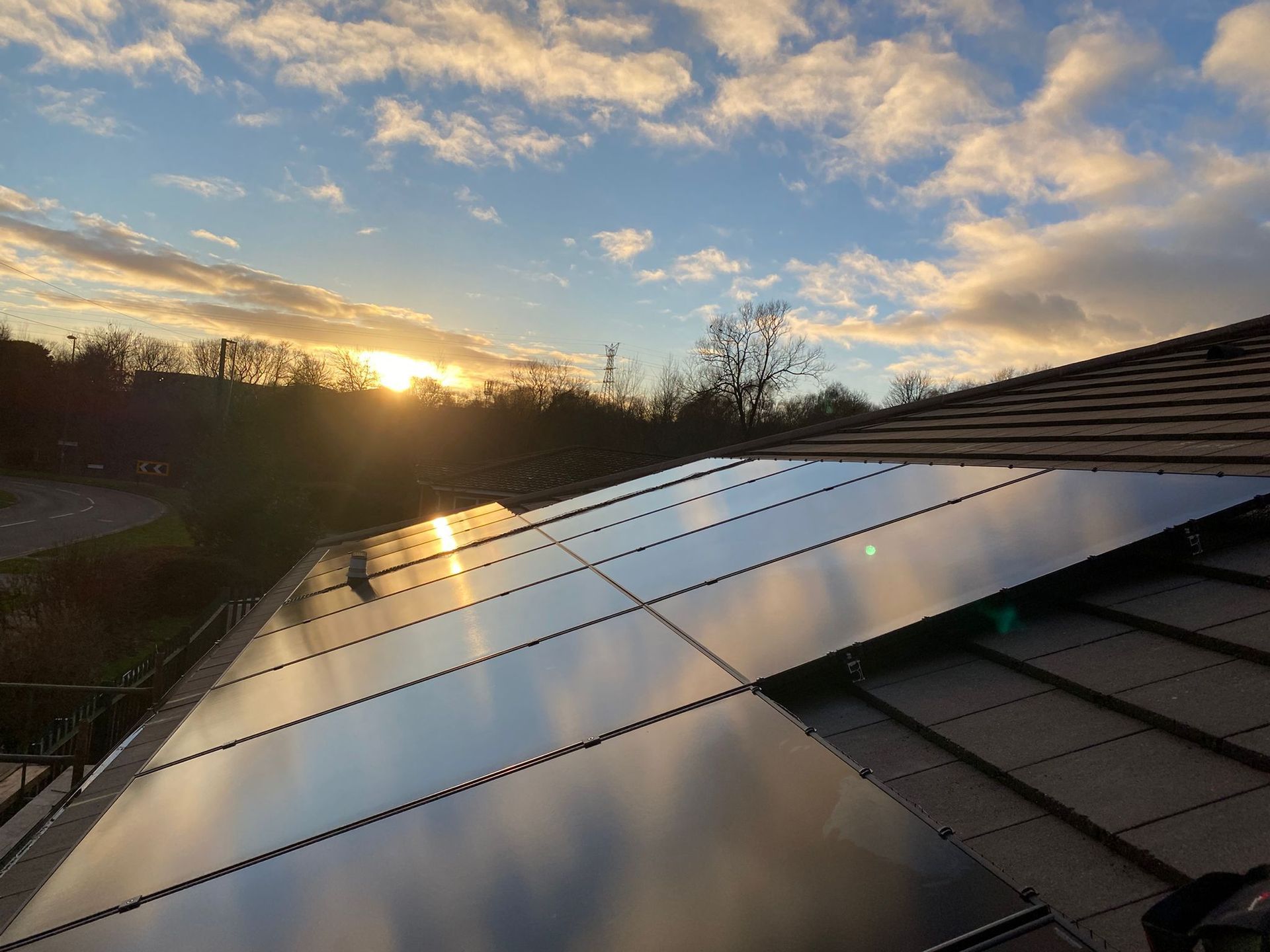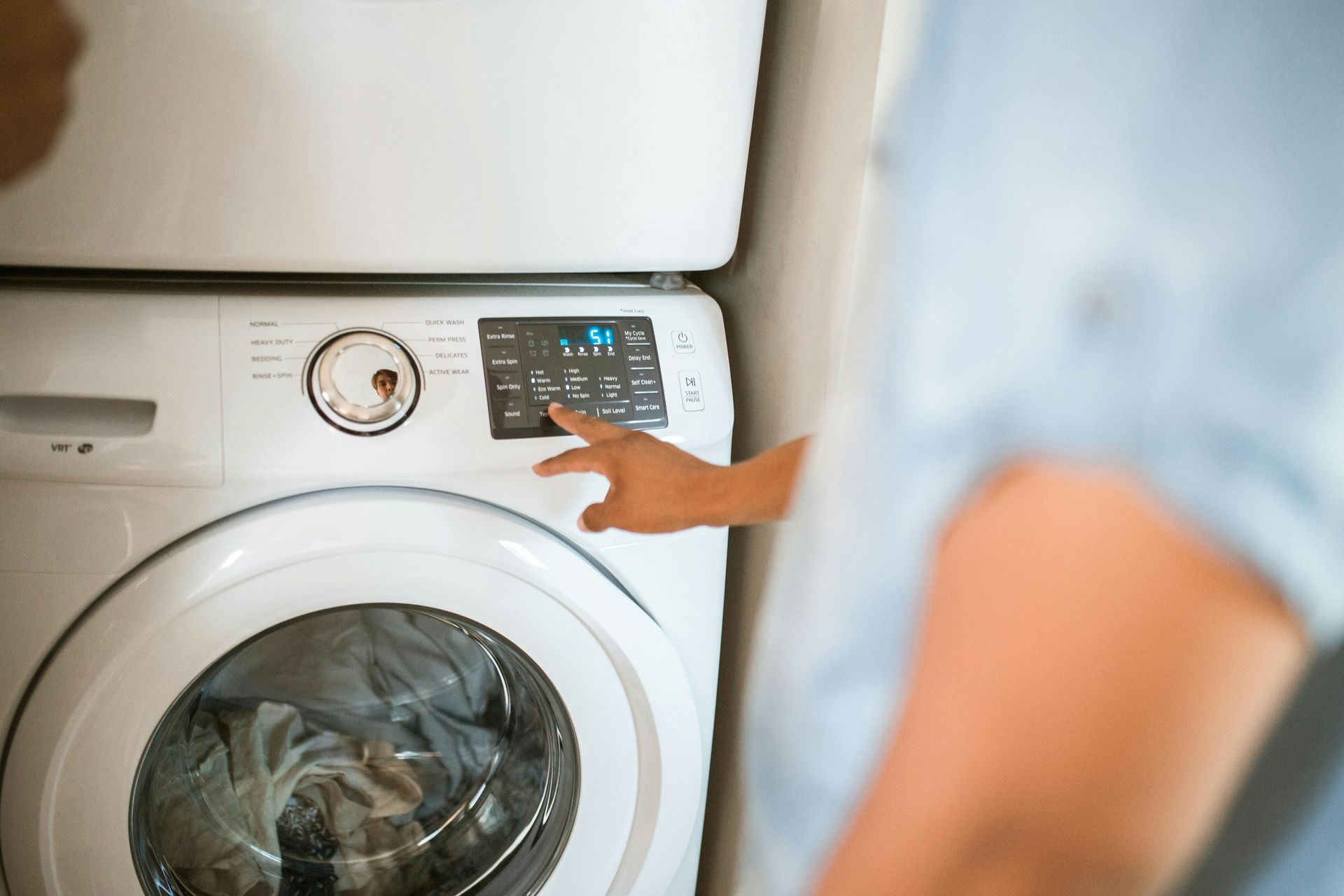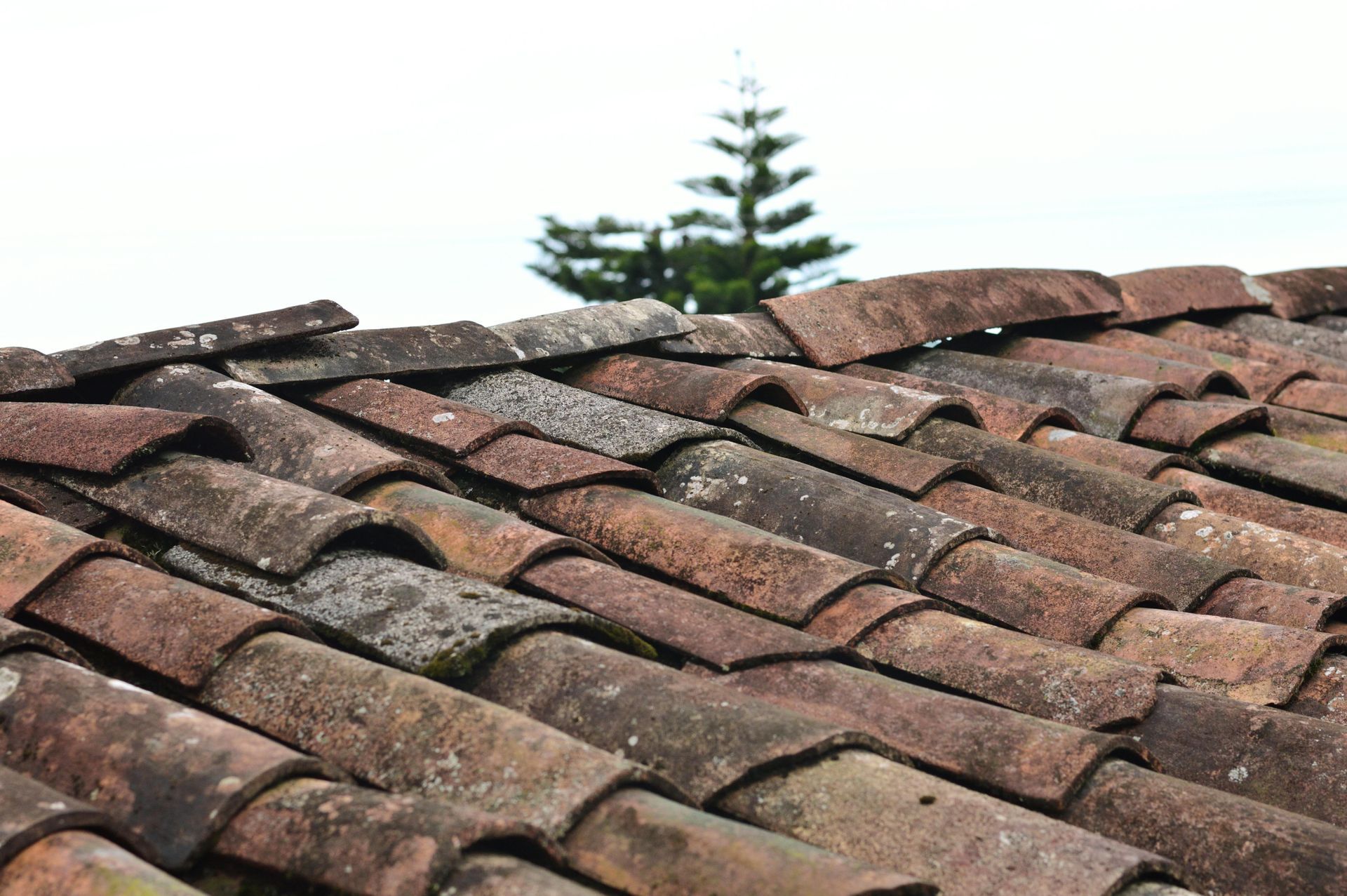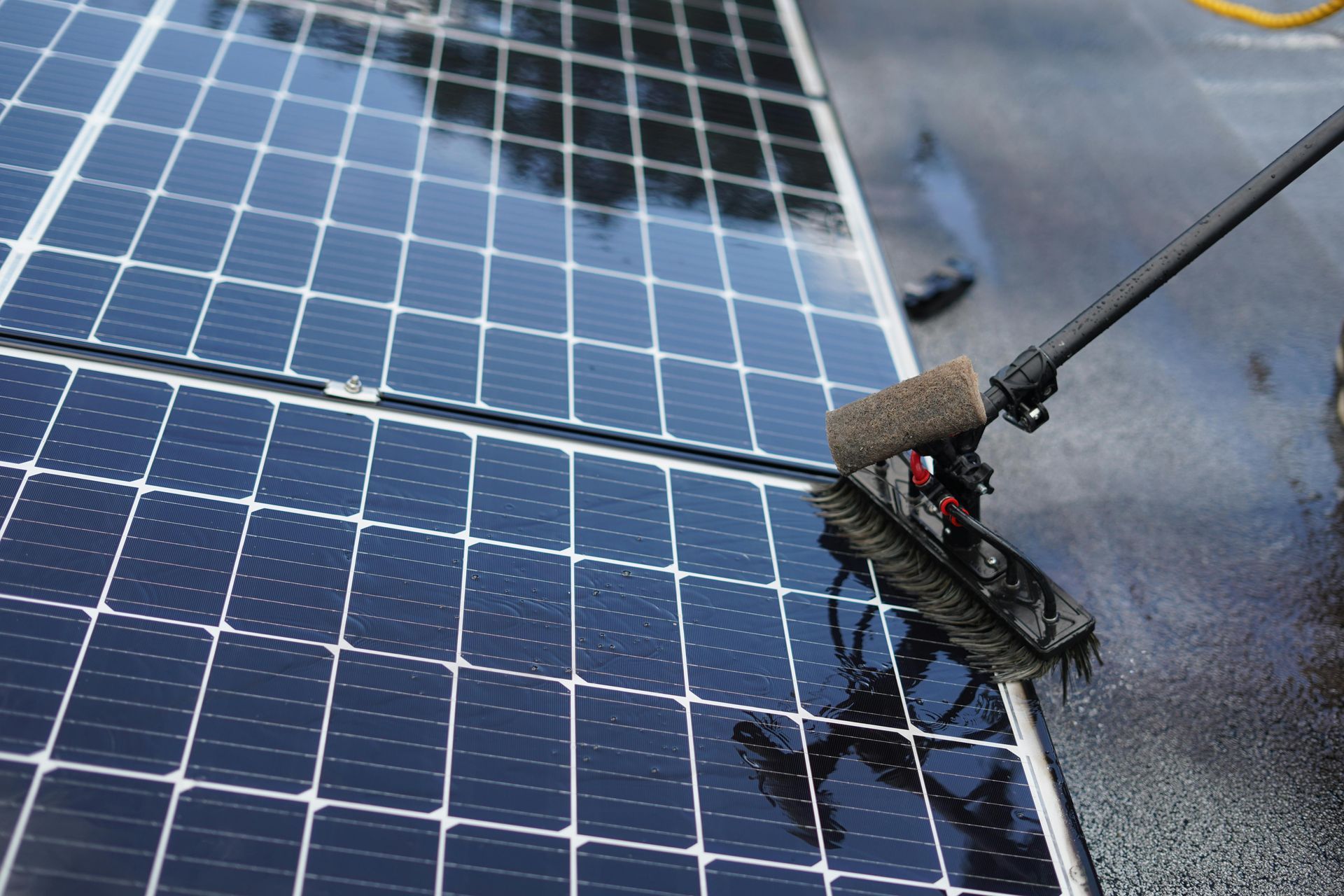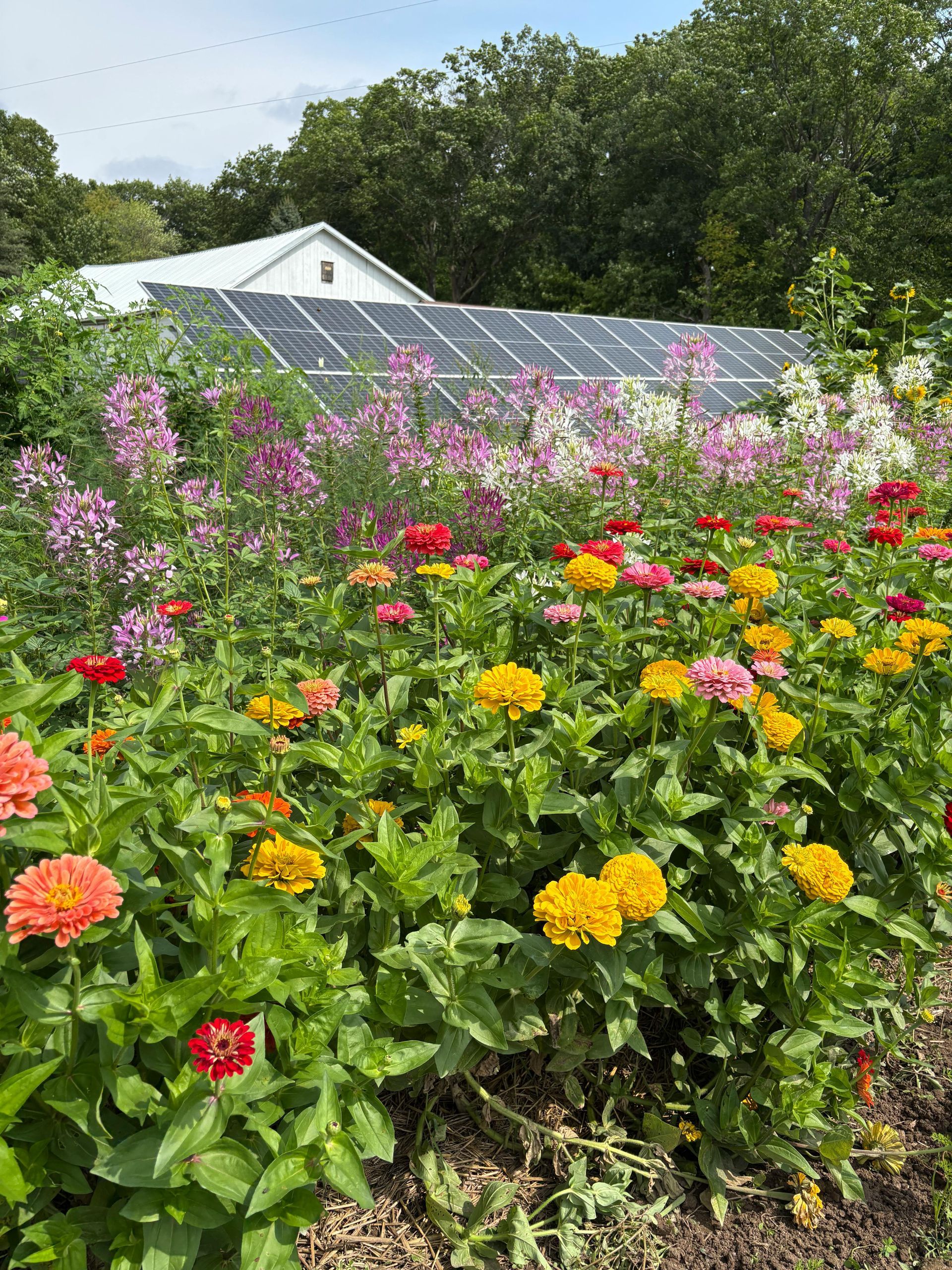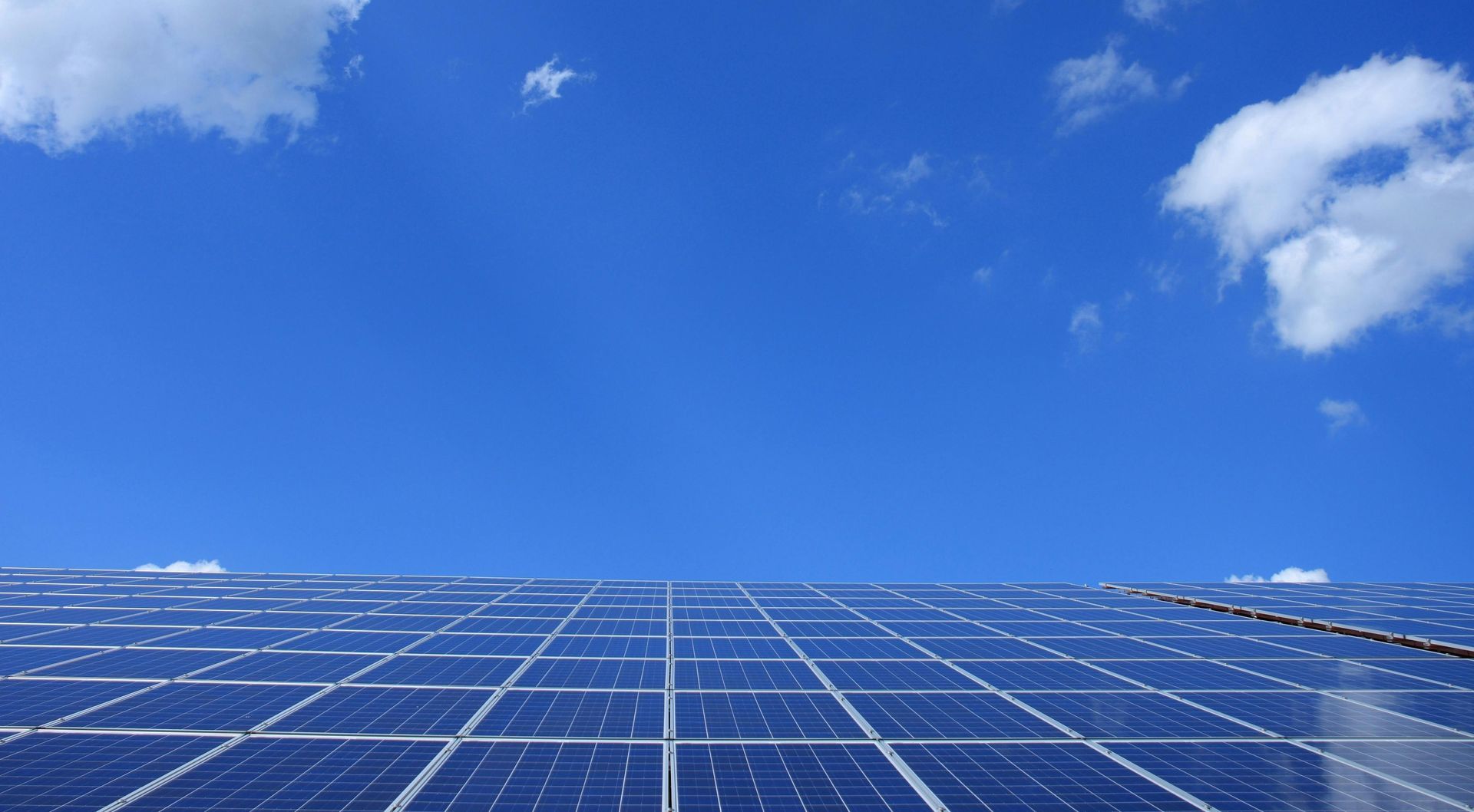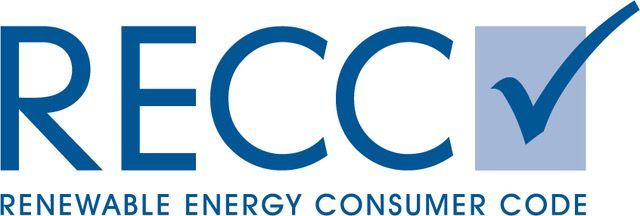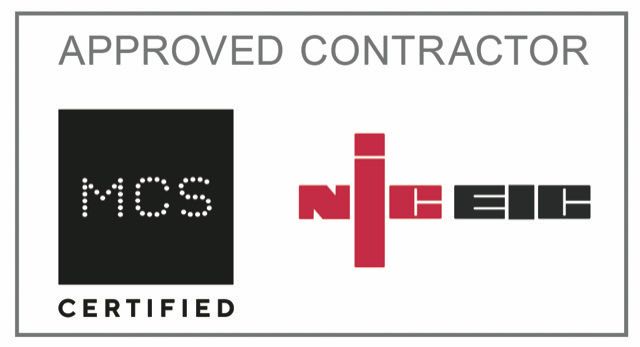Exploring the Advantages of Home Solar Energy During A Heatwave

As summer temperatures continue to rise, many homeowners are exploring the advantages of home solar energy during heatwaves. With the increasing frequency and intensity of these heatwaves, understanding the heatwave impact on solar panels becomes crucial for those considering solar panel installation or upgrades. Exploring the benefits of solar energy in summer can help homeowners make informed decisions about their energy solutions. During these hot spells, questions often arise about whether solar power is effective in heatwaves and how solar panel efficiency might be affected.
The relationship between heatwaves and solar panels is complex. While sunlight is essential for solar energy production, extreme heat can affect the performance of solar systems. Let's explore how heat impacts solar power and ways to maintain optimal performance during high temperatures.
Effect of Heat on Solar Power
Heat can influence the efficiency of solar panels in several ways. As temperatures rise, the electrical resistance in solar cells increases, which can lead to a slight decrease in power output.
Most solar panels are designed to operate optimally at around 25°C (77°F). For every degree above this temperature, panel efficiency may decrease by about 0.5%. This means that during a heatwave, when temperatures can soar well above 30°C (86°F), solar panels might experience a noticeable drop in efficiency.
However, it's important to note that while efficiency may decrease, the overall energy production often remains high due to the increased sunlight during summer months. The American Solar Energy Society explains that despite this efficiency drop, solar panels can still harness significant energy during heatwaves.
Maintaining Performance in High Temperatures
There are several strategies to help maintain solar panel performance during heatwaves:
- Proper installation: Ensure panels are installed with adequate airflow beneath them to allow for cooling.
- Regular cleaning: Keep panels clean to maximise light absorption and reduce heat build-up.
- Use of reflective materials: Installing panels on light-coloured roofs can help reflect heat.
Modern solar panels often come with built-in features to mitigate heat effects. Some use advanced materials that are less susceptible to heat-induced efficiency loss. According to Electricraft Inc., proper maintenance and installation can significantly reduce the impact of heat on solar panel performance. Regular check-ups by professionals can ensure your system is optimised for summer conditions.
Benefits of Solar Energy in Summer
While heatwaves present challenges, summer also offers unique advantages for solar energy systems. Longer days and increased sunlight can lead to higher energy production, often outweighing the slight efficiency loss due to heat.
Increased Daylight Hours
Summer brings longer days, providing more time for solar panels to generate electricity. This extended period of sunlight can significantly boost overall energy production.
In many regions, summer days can be up to 50% longer than winter days. This means that even if panels are operating at slightly lower efficiency due to heat, they're still producing energy for many more hours each day. Green Building Renewables notes that the increased daylight hours during summer can lead to substantial energy surpluses. This excess energy can be stored in batteries or fed back into the grid, depending on your system setup.
Cost Savings and Energy Independence
The combination of increased daylight hours and high energy demand during heatwaves can lead to significant cost savings for solar panel owners.
During heatwaves, energy consumption often spikes due to increased use of air conditioning and cooling systems. This can lead to higher electricity bills for those relying solely on grid power.
Solar panel owners, however, can offset much of this increased consumption with their own generated power. This not only leads to lower electricity bills but also reduces strain on the power grid during peak demand periods. Endesa highlights that this energy independence can be particularly valuable during extreme weather events, when grid reliability may be compromised.
Is Solar Power Effective in Heatwaves?
Despite the challenges posed by extreme heat, solar power remains an effective energy solution during heatwaves. The benefits often outweigh the drawbacks, particularly when systems are properly designed and maintained.
Home Solar Energy Advantages
Solar energy offers several advantages for homeowners during heatwaves:
- Reduced reliance on the grid during peak demand periods
- Lower electricity bills, even with increased cooling needs
- Potential for energy storage to use solar power during evening hours
- Contribution to reducing overall energy demand and strain on the power grid
The American Solar Energy Society emphasises that solar panels can help stabilise the grid during heatwaves. By generating power locally, solar systems reduce the load on transmission lines and power plants, which can be crucial during periods of high demand.
Moreover, solar panels can provide a layer of insulation for your roof, potentially reducing the heat absorbed by your home and lowering cooling costs.
Solar Panel Efficiency in Summer
While high temperatures can slightly reduce solar panel efficiency, overall energy production in summer is often higher than in other seasons due to increased sunlight.
Modern solar panels are designed to minimise efficiency loss due to heat. Many panels now operate at 85-90% of their rated efficiency even at temperatures above 50°C (122°F).
Electricraft Inc. notes that advancements in solar technology continue to improve heat tolerance. Some newer panel designs incorporate materials and technologies specifically aimed at maintaining efficiency in high temperatures. It's worth noting that while midday efficiency might decrease slightly during a heatwave, solar panels often compensate by producing more energy in the cooler morning and evening hours when sunlight is still abundant.
For more specific questions and information relating directly to your home and solar panels, talk to us about what your needs are and how we can help

